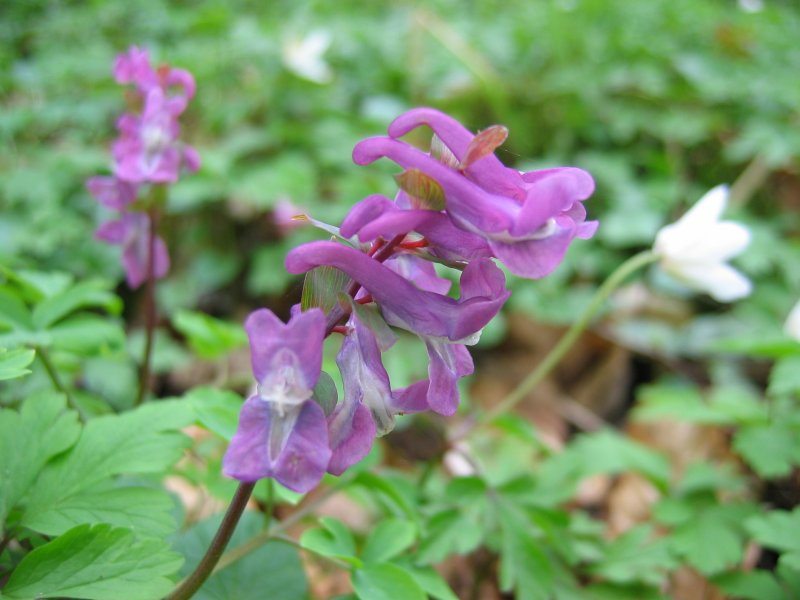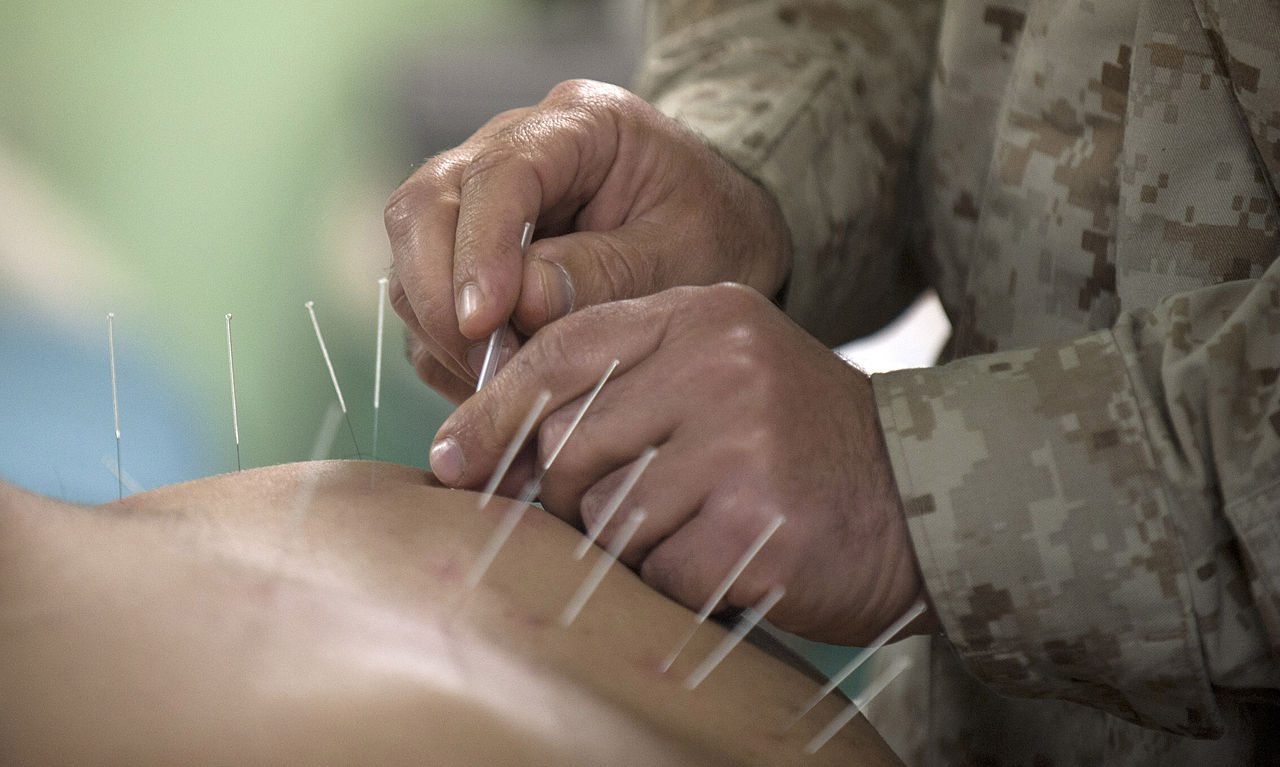Results for: opioids

Corydalis: An Herbal Medicine for Pain, with Some Thoughts on Drug Development
Ever since William Withering published his classic treatise on Foxglove in 1775, science has been testing herbal medicines and trying to establish a scientific basis for the ones that work. As many as half of today’s prescription drugs were derived from plants. A new study published in Current Biology by Zhang et al. has identified a compound in a traditional herbal remedy...

In which we are accused of “polarization-based medicine”
A little over a month ago, I wrote about how proponents of “complementary and alternative medicine” (CAM), now more frequently called “integrative medicine,” go to great lengths to claim nonpharmacological treatments for, well, just about anything as somehow being CAM or “integrative.” The example I used was a systematic review article published by several of the bigwigs at that government font of...
American Academy of Pediatrics Calls for End to Pediatric Codeine Use…Again
The safe and effective management of subjective symptoms in the pediatric population, in particular pain, has always been difficult. Young patients, even premature infants at the limit of viability, experience pain, a fact that sadly was not widely accepted until the late last century. But even with full recognition of pain as a potential concern in all pediatric patients, undertreatment of pain remains...

Diet and exercise versus cancer: A science-based view
Yes, diet and exercise can be useful to prevent some cancers. Unfortunately, they don't prevent all cancers, and the effect size is more modest than often represented. That's not to say that eating right and exercise aren't good. They are, for so many other reasons than cancer. Just don't view them as a panacea for preventing cancer.

NCCIH funds sauna “detoxification” study at naturopathic school
It is no secret that we at SBM are not particularly fond of the National Center for Complementary and Integrative Medicine (NCCIH; formerly, the National Center for Complementary and Alternative Medicine). We’ve lamented NCCIH’s use of limited public funds for researching implausible treatments, the unwarranted luster NIH/NCCIH funding bestows on quack institutions, the lack of useful research it has produced, and its...

“Non-pharmacological treatments for pain” ≠ CAM, no matter how much NCCIH wishes it so
When it comes to pain, in the mythos of "complementary and alternative medicine" (CAM), which in recent years has morphed into "integrative medicine," anything that isn't a drug is automatically rebranded as CAM, whether it's in any way "alternative" or not.
Kratom: another dangerous “natural” remedy
Kratom (Mitragyna speciose) is a tropical tree from Southeast Asia whose leaves are traditionally chewed or prepared as a powder. Native populations chew the leaves to reduce fatigue when doing manual labor, such as working on rubber plantations. It is also used in cultural performances and consumed as a drink prepared from kratom powder. When the Second World War caused an increase...

On the pointlessness of acupuncture in the emergency room…or anywhere else
As incredible as it seems, advocates of "integrative medicine" are on the verge of creating a new specialty, emergency acupuncture. I wish I were joking, but I'm not.

“Complementary and Integrative Health” at the VA: Integrating pseudoscience into the care of veterans
In return for their service to our country, veterans deserve the best science-based medical care that we as a nation can provide. Unfortunately, the VA is integrating quackery into its medical care even more enthusiastically than medical academia.
Chiropractic Moves into Transportation
I debated which of two topics to blog about this week that appeared in my feeds. The first was “Graduate slams CQU for offering ‘pseudoscience degree’,” where an Australian is upset that her University is offering an undergraduate Bachelor of Science in Chiropractic and a postgraduate Master of Clinical Chiropractic degree because chiropractic is “complete pseudoscience”. And the second was: “Foundation for...

